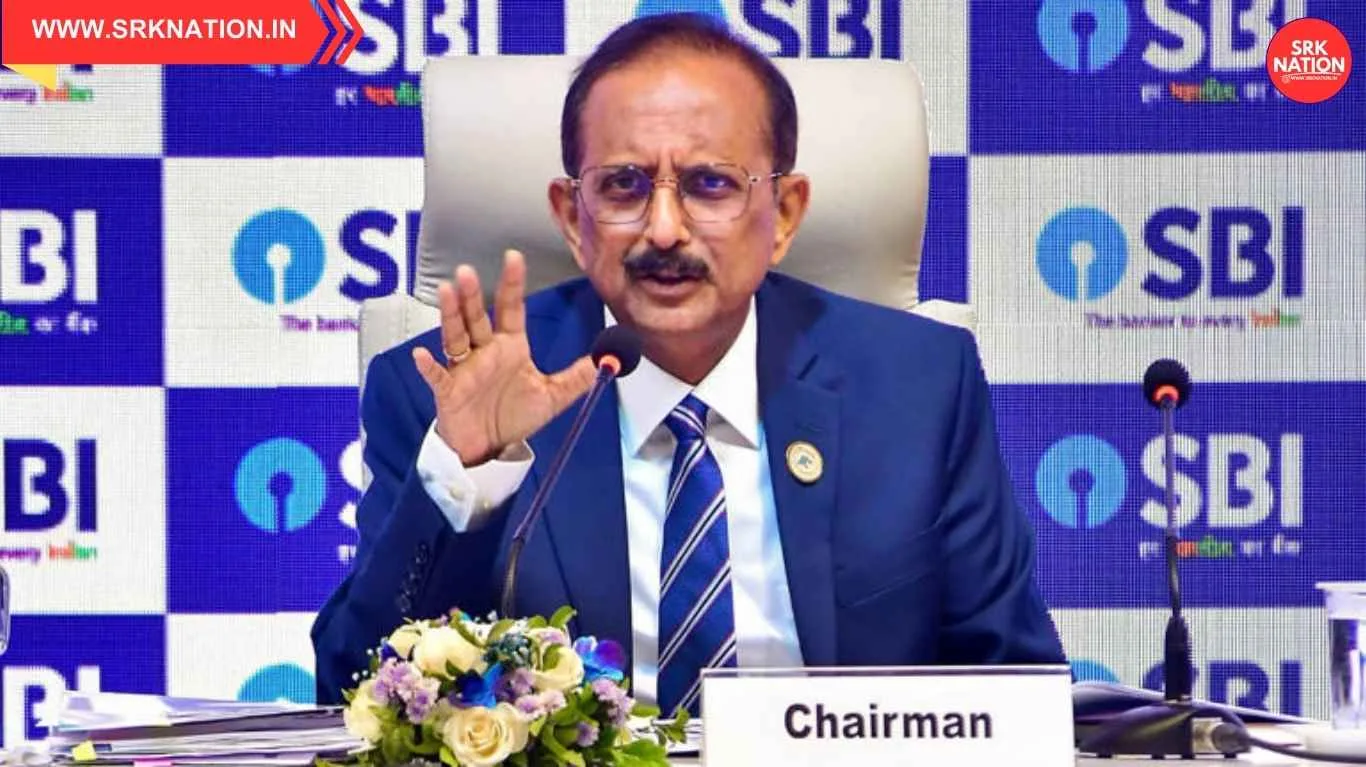In a major development with far-reaching implications for corporate accountability and India’s banking sector, State Bank of India (SBI) has decided to classify loan accounts of Reliance Communications (RCom) as fraud and report its former promoter Anil Ambani’s name to the Reserve Bank of India (RBI) under the central bank’s master directions on wilful defaulters and fraud monitoring.
This decision, taken after forensic audits revealed alleged fund diversions and irregularities, deals a fresh blow to the already bankrupt RCom group, which has been under insolvency proceedings since 2019.
What SBI’s Decision Means
SBI, the lead creditor in the RCom consortium with an exposure of nearly ₹5,500 crore, will now:
✅ Classify RCom’s accounts as fraud under RBI’s Master Directions on Frauds – Classification and Reporting.
✅ Report the names of former directors, including Anil Ambani, to RBI’s Central Repository of Information on Large Credits (CRILC) fraud database.
✅ Pursue criminal proceedings and recovery under relevant banking and fraud laws.
Key Details of RCom Fraud Classification
| Particulars | Details |
|---|---|
| Company | Reliance Communications Limited |
| Promoter | Anil Ambani |
| SBI Exposure | ₹5,500 crore |
| Total bank exposure | ₹45,000 crore (approx) |
| Proceedings | Insolvency under NCLT since 2019 |
| Current decision | Classification as fraud and name reporting to RBI |
Timeline of RCom’s Financial Crisis
| Year | Event | Details |
|---|---|---|
| 2016 | Mounting losses | Due to debt servicing and competition from Jio |
| 2017 | Debt restructuring attempts fail | No viable investor emerged |
| 2019 | NCLT admits insolvency petition | Filed by Ericsson for unpaid dues |
| 2020 | SBI-led consortium initiates forensic audit | EY appointed for detailed review |
| 2023 | NCLT orders asset liquidation | Partial sales of spectrum and tower assets |
| 2025 | SBI classifies accounts as fraud | Names of ex-directors, including Anil Ambani, to be reported |
Why SBI Classified RCom as Fraud
According to senior banking officials, the classification follows forensic audit findings revealing:
- Diversion of funds to unrelated group entities.
- Incomplete disclosure of encumbered assets.
- Misrepresentation of revenues in loan applications and servicing data.
- Non-cooperation with forensic auditors during parts of the process.
An SBI official told media:
“Under RBI norms, once fraud is established through audit and committee approvals, banks must classify accounts accordingly and initiate criminal proceedings.”
Impact on Anil Ambani
With SBI reporting Anil Ambani’s name to RBI:
✅ He could be barred from board positions in any listed company under SEBI’s enhanced fit and proper person norms.
✅ Banks may refuse future lending under wilful defaulter restrictions.
✅ Criminal investigation by CBI or ED may be initiated upon banking fraud classification.
✅ His ongoing personal insolvency appeals and RCom revival petitions may weaken further.
Reliance Communications’ Official Stand
RCom’s resolution professionals (RPs) have not issued a formal statement yet. However, legal advisors indicated that the company may challenge SBI’s fraud classification in court, arguing it prejudices the ongoing Corporate Insolvency Resolution Process (CIRP) and potential asset monetisation.
What is Fraud Classification Under RBI Master Directions?
Key Provisions:
- Any loan account found with deliberate fund diversion, misrepresentation, or embezzlement can be classified as fraud.
- Banks must report such accounts to RBI within 21 days of fraud determination.
- Criminal complaints with CBI or ED are mandatory.
- Recovery proceedings continue in parallel with criminal cases.
Banking Sector Impact: Top 5 Bank Exposures to RCom
| Bank | Exposure (₹ crore) | Likely NPA Classification Impact |
|---|---|---|
| SBI | 5,500 | Already provisioned as NPA; fraud classification triggers CBI complaint |
| IDBI Bank | 4,200 | Full provisioning expected under fraud norms |
| ICICI Bank | 3,600 | Additional provisions in upcoming quarterly results |
| Bank of Baroda | 2,900 | Similar fraud reporting expected |
| Punjab National Bank | 2,500 | Enhanced provisioning burden |
Source: Banking industry estimates and insolvency filings
Expert Opinion
Banking and insolvency experts believe SBI’s move will have significant repercussions for corporate governance in India. Ashwin Parekh, leading financial advisor, said:
“Fraud classification against a major corporate group like RCom and its promoter sets a precedent that personal guarantees and management accountability will not remain mere legal formalities.”
Future Outlook for RCom Resolution
The National Company Law Tribunal (NCLT) had approved partial asset monetisation of RCom’s tower and fibre assets in 2023, while spectrum assets faced valuation and regulatory hurdles.
With SBI’s fraud classification:
✅ Revival by fresh bidders becomes unlikely.
✅ Faster liquidation of residual assets may be pursued to recover part of creditor dues.
✅ Legal proceedings against former directors, including Anil Ambani, will intensify.
Legal Challenges Ahead
Lawyers representing RCom’s committee of creditors indicate possible legal hurdles:
- Whether fraud classification overrides moratorium protection under IBC.
- Rights of secured lenders in initiating criminal action against corporate debtors under CIRP.
- Implications for personal insolvency appeals filed by Anil Ambani to shield personal assets.
What Happens Next?
- RBI Review: SBI will file detailed fraud reports with RBI for review and systemic risk monitoring.
- CBI/ED Action: Based on bank complaints, CBI and ED may summon RCom’s former directors for investigation.
- NCLT Proceedings: Fraud classification could accelerate liquidation proceedings if revival bidders withdraw.
Conclusion
SBI’s decision to classify Reliance Communications’ accounts as fraud and report Anil Ambani’s name to RBI marks a turning point in India’s banking-corporate landscape. It reflects an assertive banking approach towards corporate defaults and strengthens RBI’s regulatory vigilance framework.
The coming weeks will witness legal challenges, criminal investigations, and potential systemic impact on group companies as banks and investigative agencies begin coordinated enforcement actions to recover billions lost to what could become one of India’s largest corporate banking fraud cases.
Disclaimer: This article is for informational purposes only based on banking, legal, and media reports as of July 2, 2025. Readers are advised to consult official filings and court orders for detailed updates before taking business, investment, or legal decisions related to Reliance Communications or associated entities.












I’m typically to blogging and i actually appreciate your content. The article has actually peaks my interest. I’m going to bookmark your website and hold checking for new information.